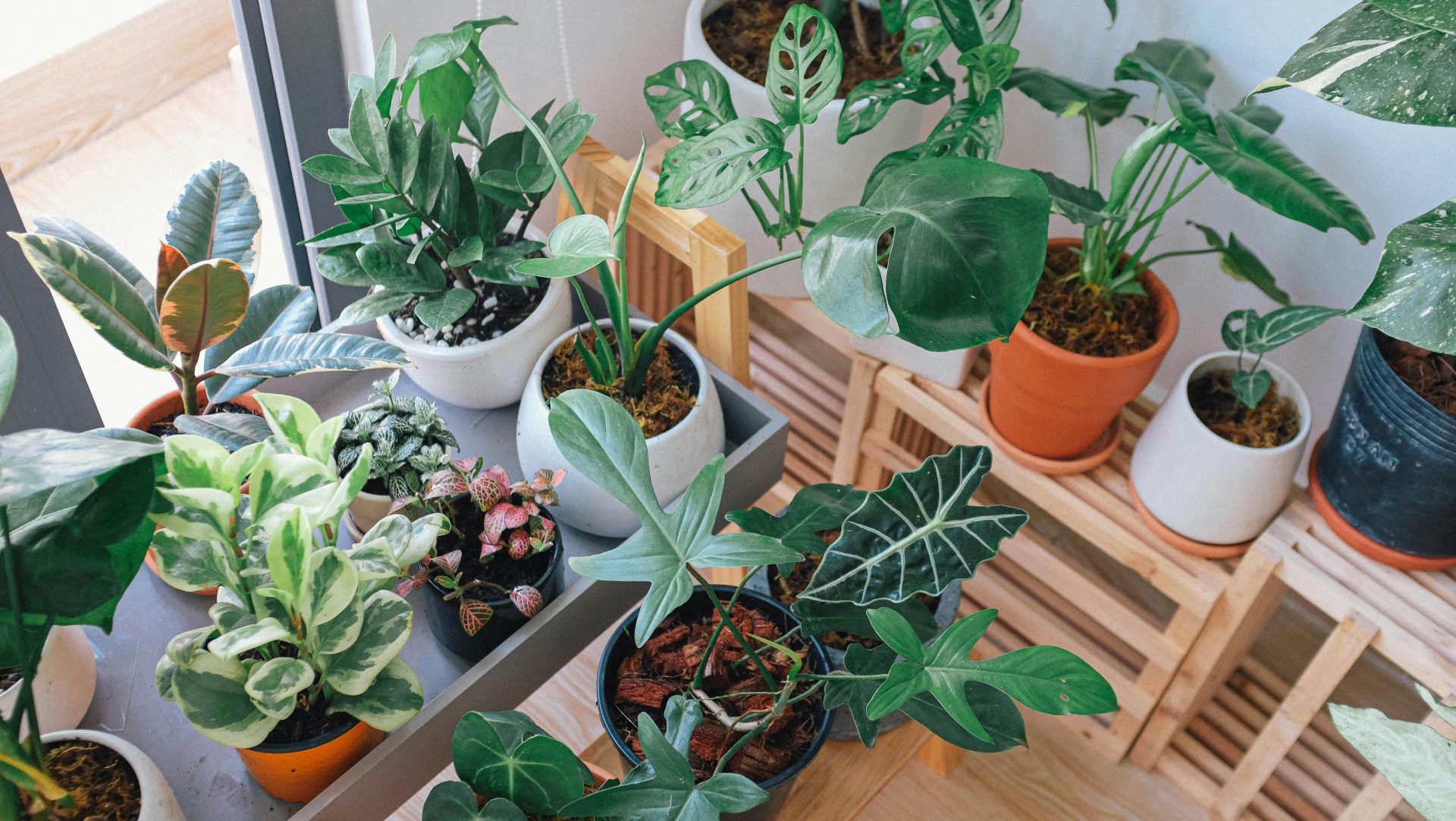The Significant Role of Indoor Plants in Enhancing Air Quality
Indoor plants are more than just a trendy home decor element. They play a significant role in enhancing air quality and promoting mental wellbeing. The lush greenery of indoor plants not only adds a touch of nature to your living space but also offers a myriad of health benefits that are worth exploring.
Firstly, let’s delve into how indoor plants improve air quality. According to NASA’s Clean Air Study, certain indoor plants have the ability to purify the air. They do this by absorbing toxins through their leaves and roots, processing them, and then releasing clean oxygen back into the environment. This process is known as phytoremediation. Plants like the Spider Plant, Snake Plant, and Peace Lily are particularly effective at removing common household toxins such as formaldehyde, benzene, and trichloroethylene. These toxins are often found in everyday items like cleaning products, paints, and even some types of furniture. By incorporating indoor plants into your home, you’re essentially creating a natural air purifier that works around the clock to keep your air clean and fresh.
But the benefits of indoor plants don’t stop at air purification. They also help to increase humidity levels in the home. Plants release moisture into the air through a process called transpiration. This can be particularly beneficial in dry climates or during winter months when indoor air tends to become dry due to heating systems. Increased humidity can help to alleviate dry skin, dry coughs, and even reduce the risk of catching a cold or the flu.
Now, let’s shift our focus to the mental wellbeing benefits of indoor plants. The presence of plants has been shown to reduce stress and anxiety. A study conducted by the University of Technology, Sydney found that having plants in the office reduced tension and anxiety by 37%, depression by 58%, anger by 44%, and fatigue by 38%. The calming effect of nature, even in small doses like a potted plant on your desk, can have a significant impact on your mood and productivity

Exploring the Impact of Indoor Plants on Mental Wellbeing
Indoor plants are more than just a trendy home decor element. They are nature’s little helpers, silently working to improve both the air quality in our homes and our mental wellbeing. The impact of indoor plants on mental health is a fascinating topic that’s been gaining attention in recent years, and for good reason.
Firstly, let’s talk about how indoor plants improve air quality. It’s no secret that plants absorb carbon dioxide and release oxygen through photosynthesis. But did you know that they also absorb harmful toxins from the air? According to a study by NASA, indoor plants can remove up to 87% of air toxins in 24 hours. They absorb these toxins through their leaves and roots, then convert them into harmless substances. This process helps to purify the air in our homes, making it healthier for us to breathe.
But the benefits of indoor plants don’t stop at air purification. They also have a significant impact on our mental wellbeing. The presence of indoor plants can create a calming environment, reducing stress and anxiety. This is because plants have a soothing effect on the human psyche, a phenomenon known as biophilia. Biophilia suggests that humans have an innate desire to connect with nature, and when we do, it has a positive effect on our mood and mental health.
Moreover, taking care of indoor plants can provide a sense of purpose and accomplishment. Nurturing a plant and watching it grow can be a rewarding experience, boosting our self-esteem. It’s a small responsibility, but it can make a big difference in our daily routine, providing a distraction from our worries and a focus for our attention.
Indoor plants can also improve our cognitive function. A study conducted by the University of Michigan found that being around plants can increase memory retention by up to 20%. This is because plants have a calming effect on our minds, allowing us to focus better. They also stimulate our senses, keeping our minds active and engaged.
Furthermore, indoor plants can help us sleep better. Certain
